Seattle recently carried out a $26.40 minimum wage for app-based workers. As part of the “PayUp” initiative, this law has sparked a lot of controversy in the gig economy industry.
Tech company CEOs like Uber’s Dara Khosrowshahi contend that it’s hurting the economy. In the meantime, some workers have celebrated their increased income.
Order Drop

Delivery services report a critical drop in order volume. According to one major platform, Seattle orders have decreased by 30% since the law was implemented.
This decrease has prompted an expected $5 million in lost income for local businesses. The long-term viability of these Seattle platforms remains to be determined.
Doubled Earnings

Numerous drivers have reported substantial income increases. Some assert that their earnings have nearly doubled, allowing them to balance their work and life better.
According to a recent survey, 65% of affected drivers support the new law. However, the workforce’s experiences vary greatly. Financial analysts debate the more extensive monetary effect of the pay rise.
Increase in Consumer Costs
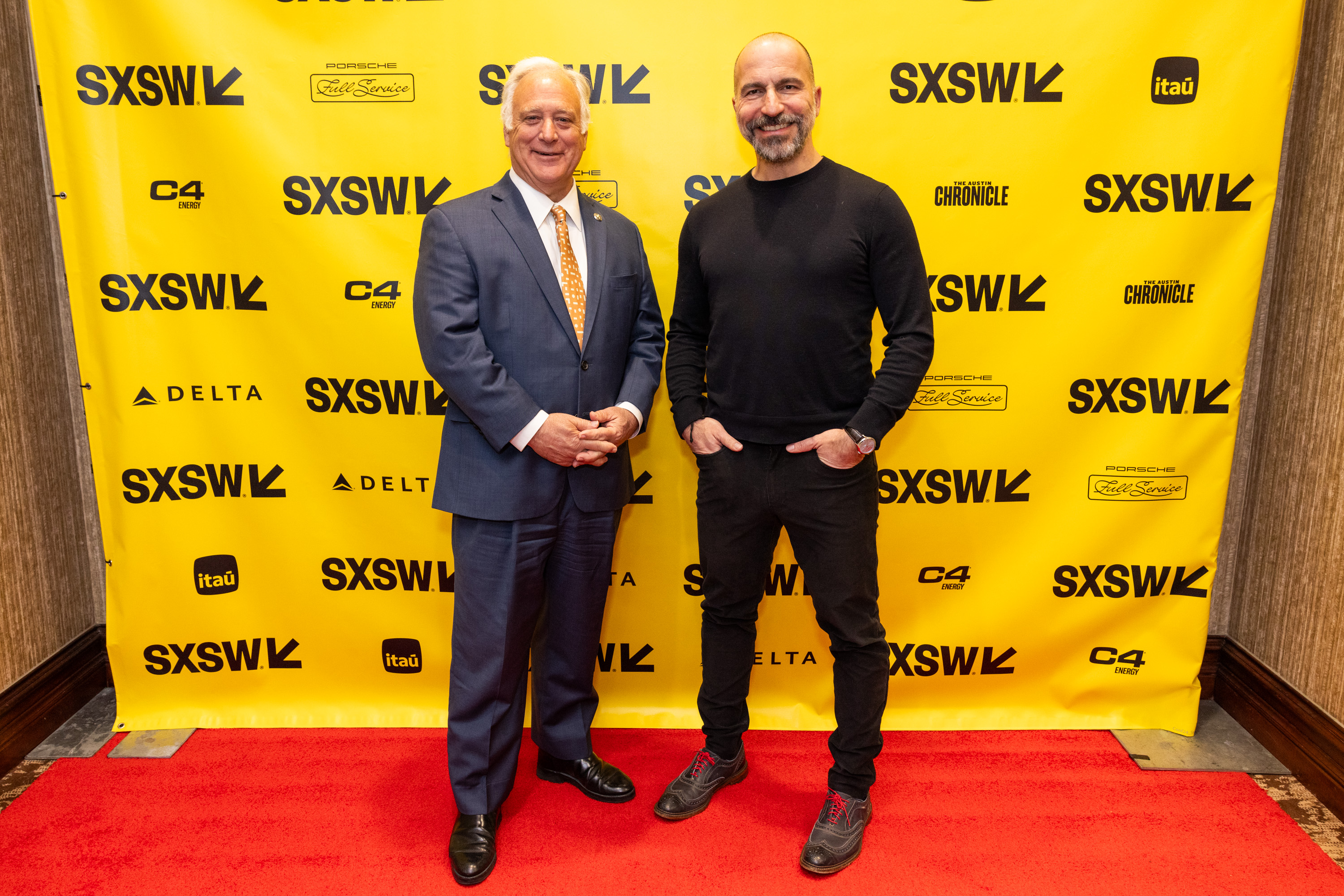
Some economists anticipate a 5-10% expansion in consumer costs for delivery services. Others contend that higher wages will invigorate local spending. The genuine financial impacts might require months or years to emerge completely.
City authorities face pressure from both tech organizations and labor advocates. A tiered wage structure based on order volume is proposed by some.
Highest in the Nation
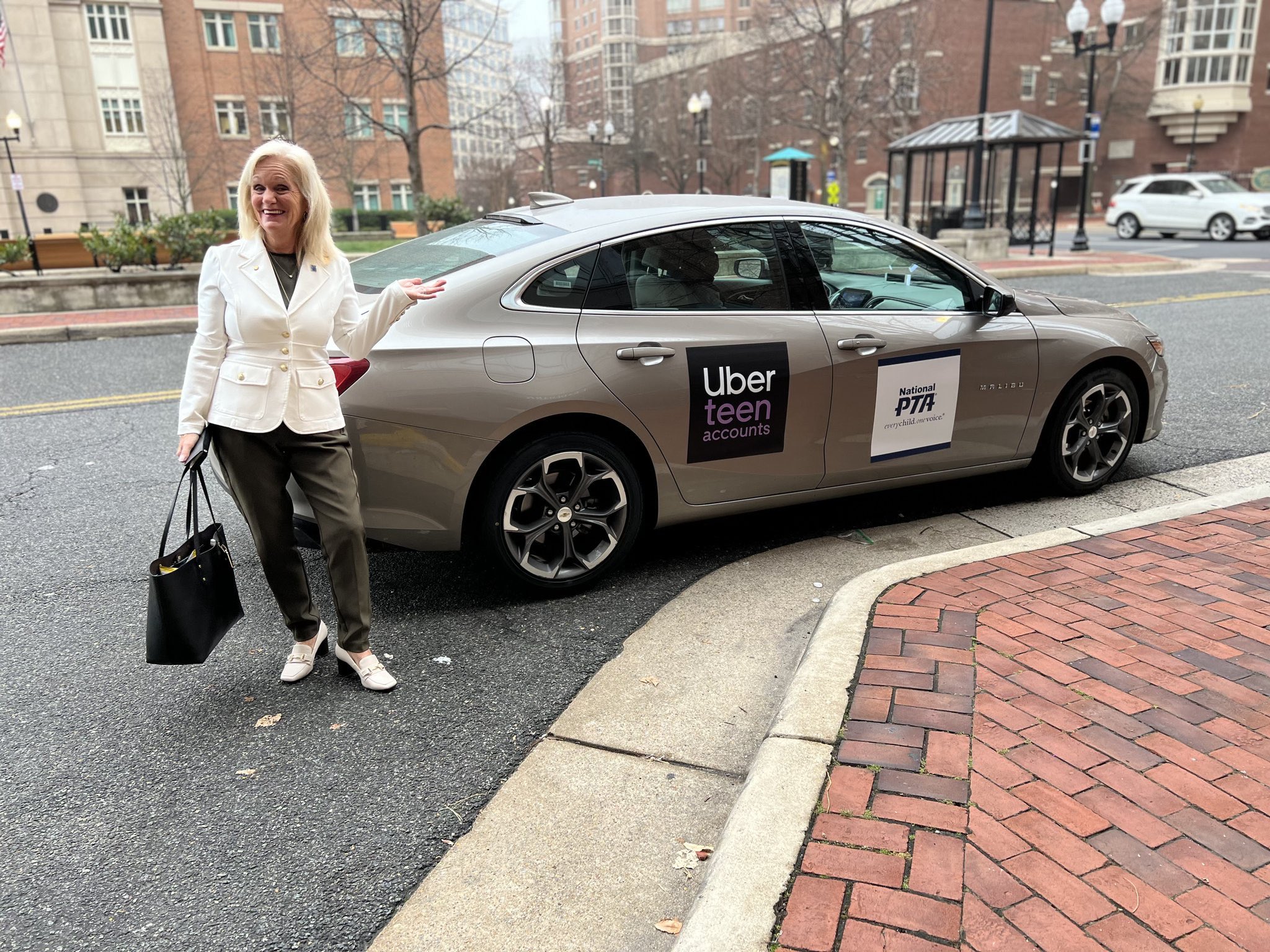
Others recommend tax incentives for organizations that keep up high employment levels. It is proving difficult to reach a compromise that pleases all parties.
For gig workers, Seattle’s $26.40 minimum wage is currently the highest in the nation. New York City follows with a $17.96 minimum for ride-share drivers.
Decrease in Active Delivery Drivers
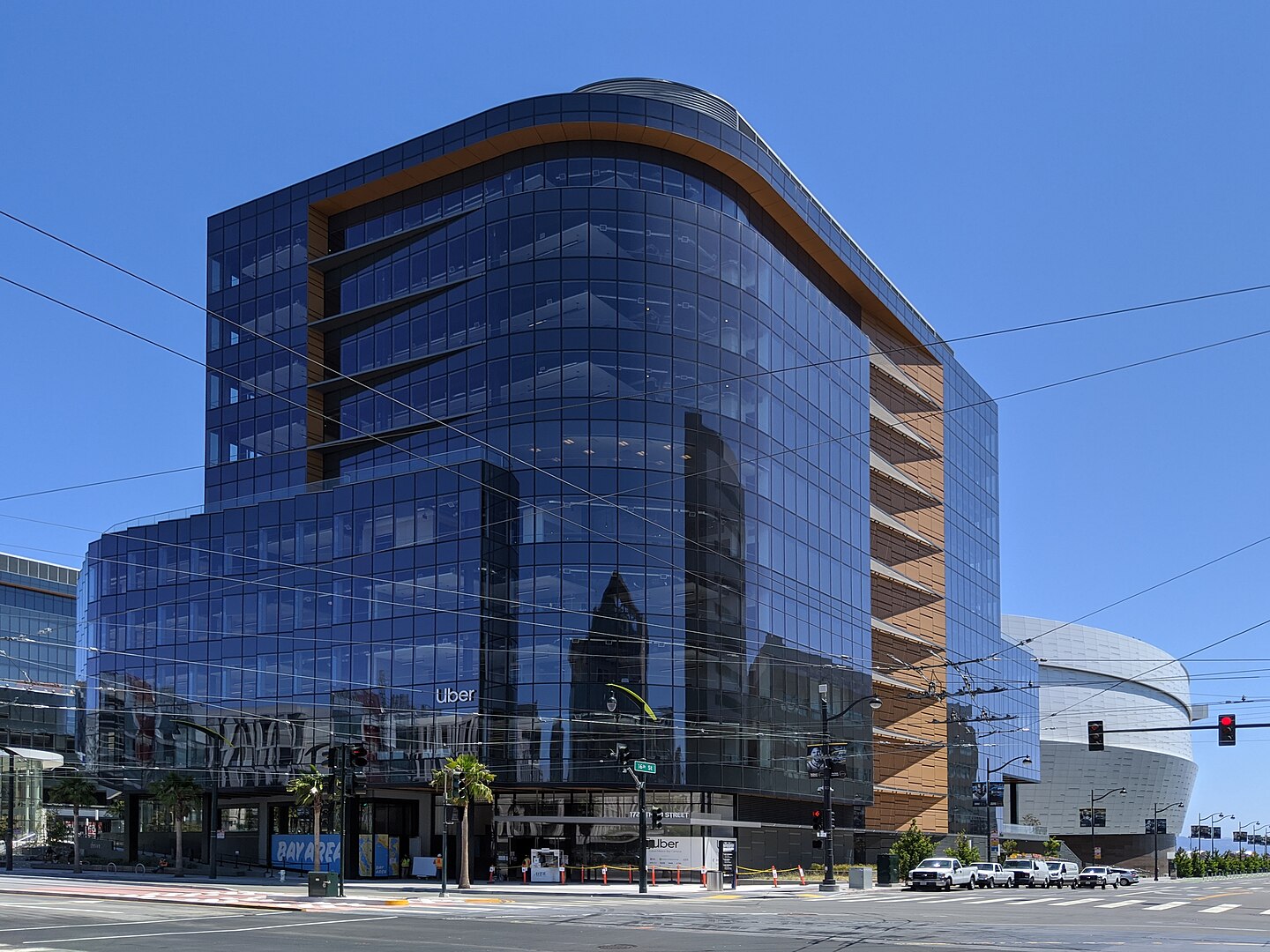
This disparity has attracted consideration from policymakers in other major cities but it remains to be seen if Seattle will become a model or a cautionary tale.
The new regulation could reshape the gig economy scene in Seattle. A few experts foresee a 20% decrease in the number of active delivery drivers.
Longer Wait Times
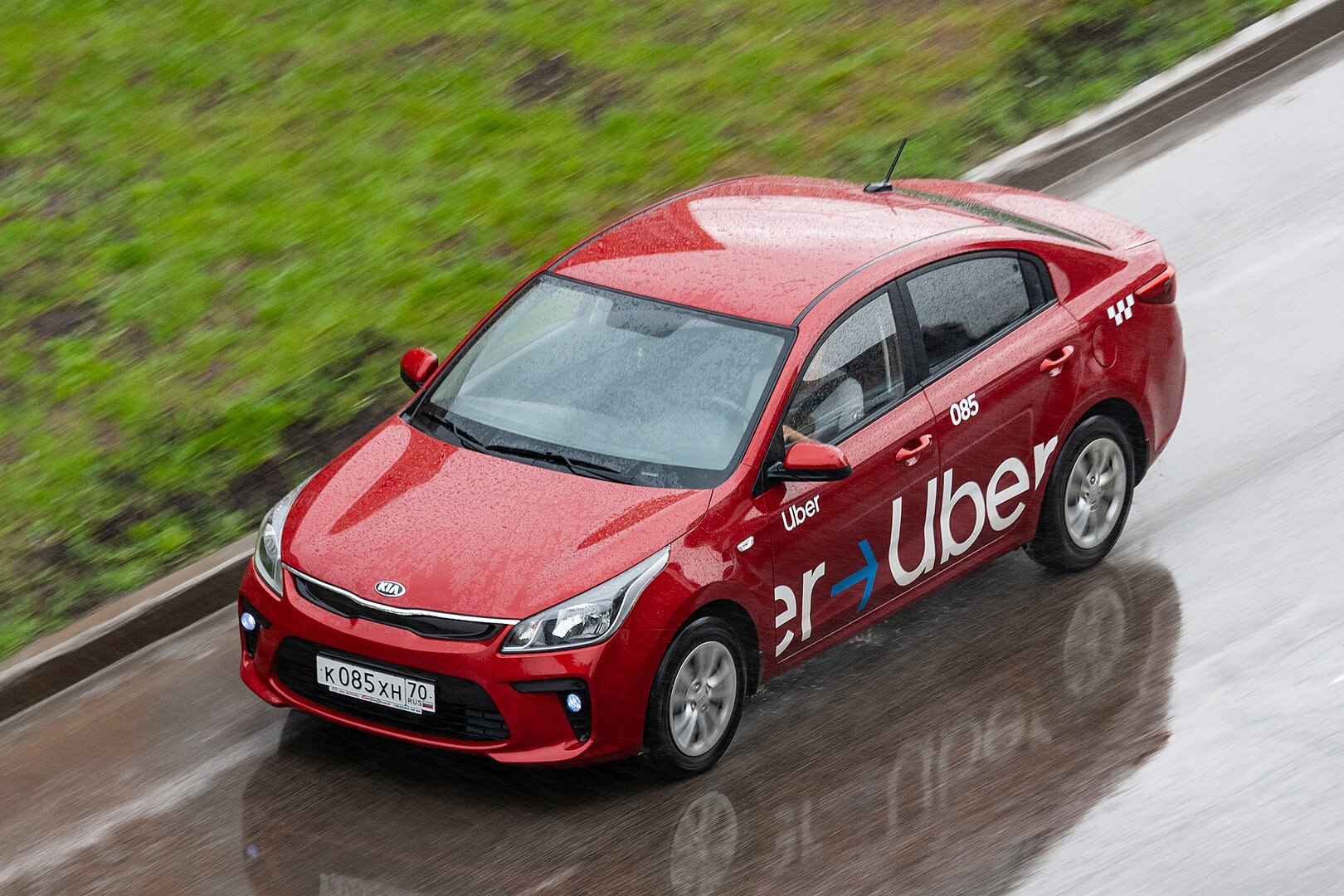
Other experts predict a shift towards more part-time gig work. It is still unclear what the long-term effects will be on worker classification and job flexibility.
Early reports indicate changes in consumer conduct. Delivery wait times have expanded by an average of 15 minutes in certain areas leaving consumers frustrated.
Fewer Orders
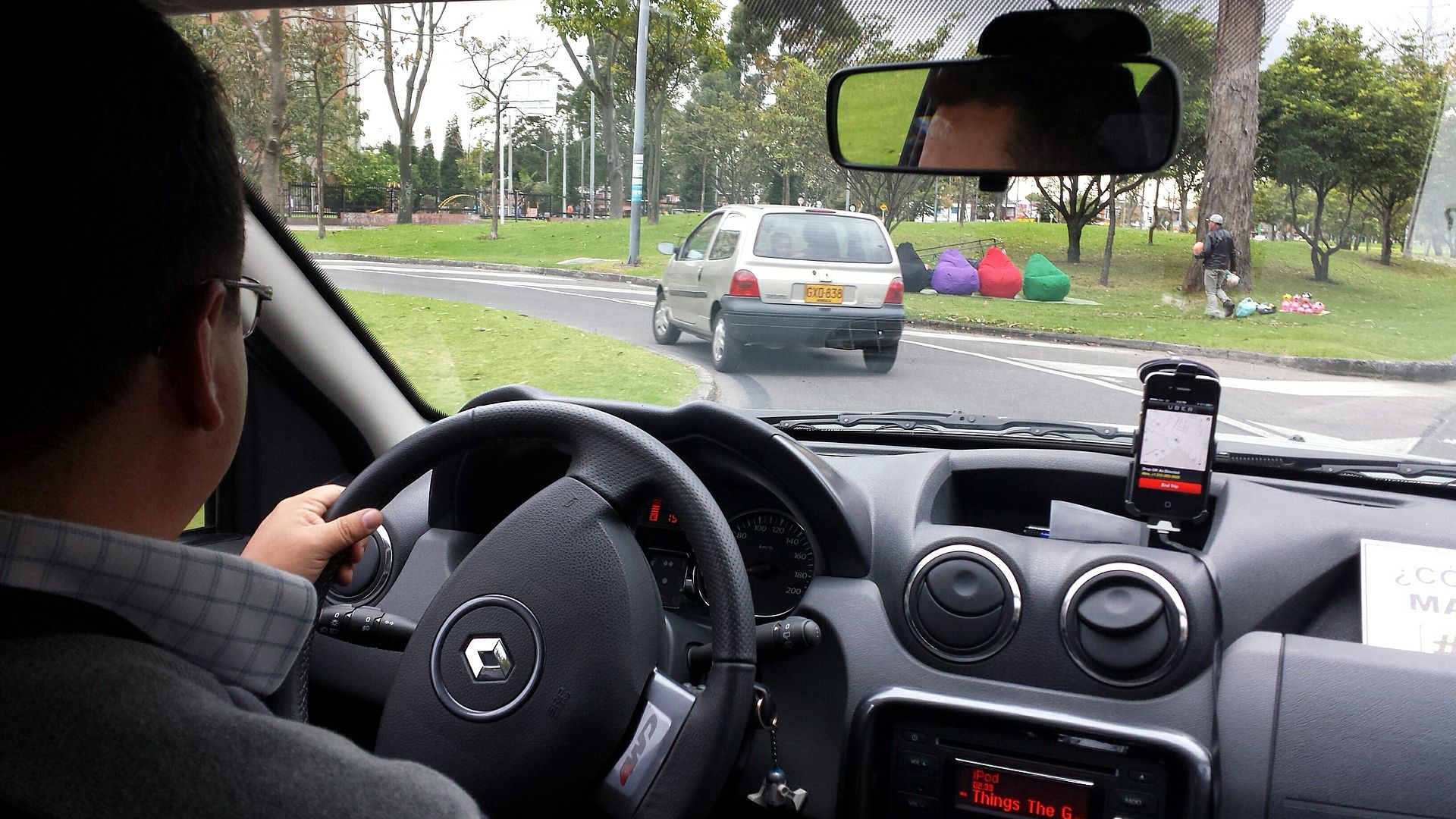
According to a local survey, 40% of regular customers have decreased their order frequency. This could have significant consequences for Seattle’s dynamic restaurant scene
Wage policies outside of the gig economy may be influenced by Seattle’s experiment’s success or failure. A few unions are now pushing for comparative measures in traditional service industries.
Law Review
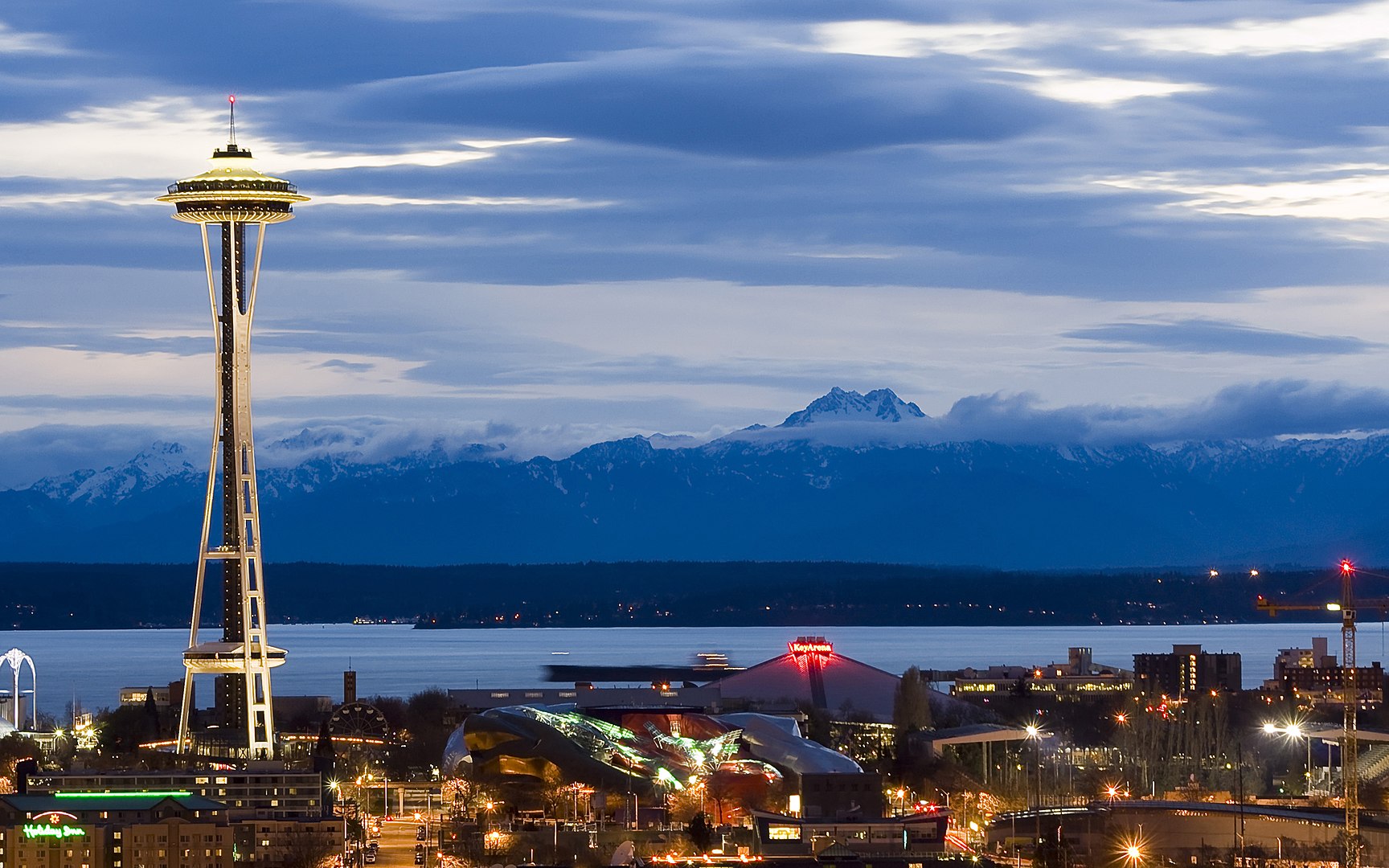
The increase in the minimum wage for app-based drivers could see a $26.40 minimum wage for all Seattle workers.
The city council intends to review the law’s effect in six months to see the impact of the changes. Tech organizations however are threatening legal action in the event that changes aren’t made.
Rising Ride-Sharing Prices
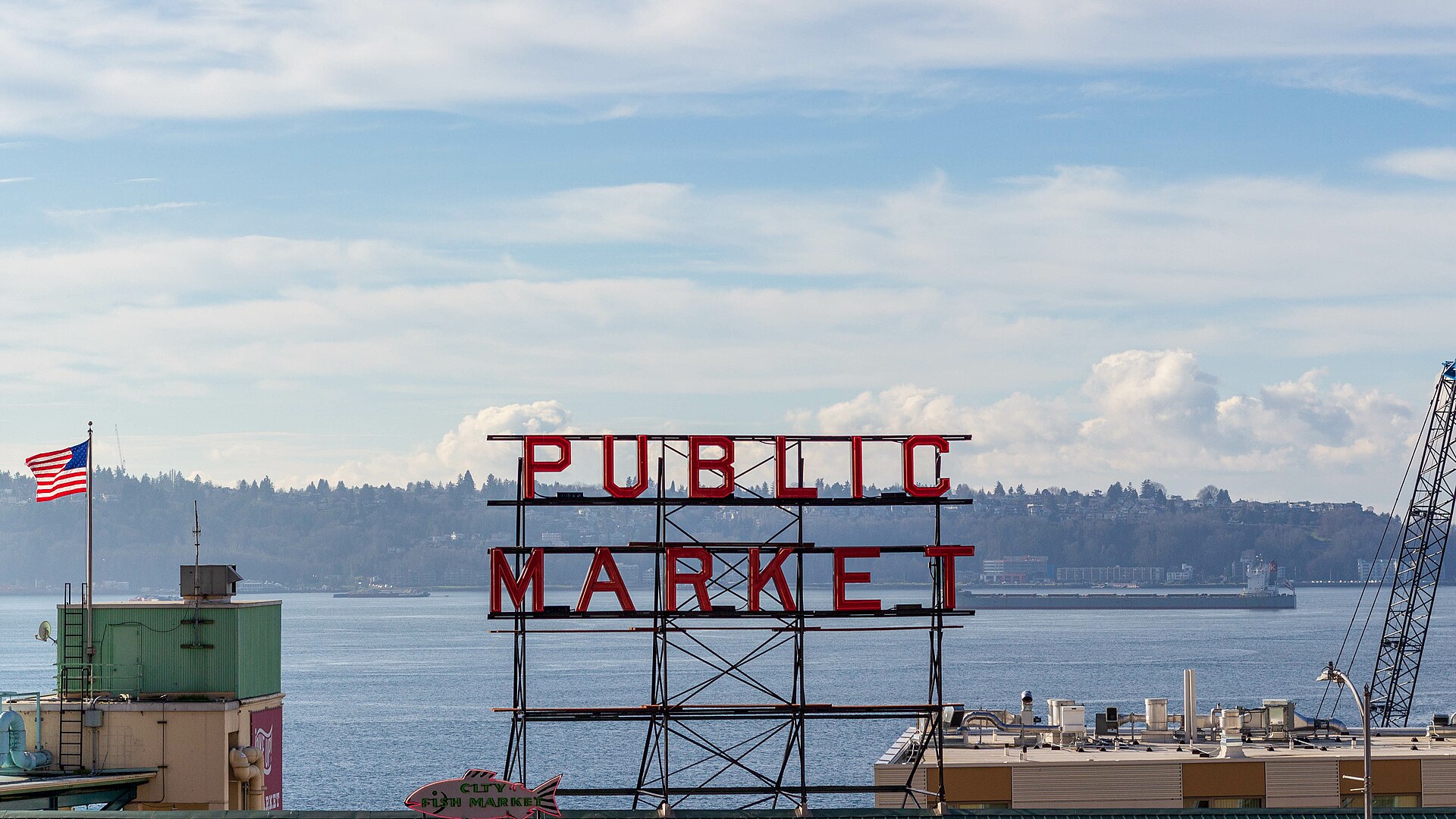
Worker advocates are getting ready to defend their hard-won gains in the interim. The result could start a trend for gig worker rights across the country.
The new wage could, according to experts, cause prices for ride-sharing services to rise. Higher prices might cause a diminished interest in these services.
Comparative Wages
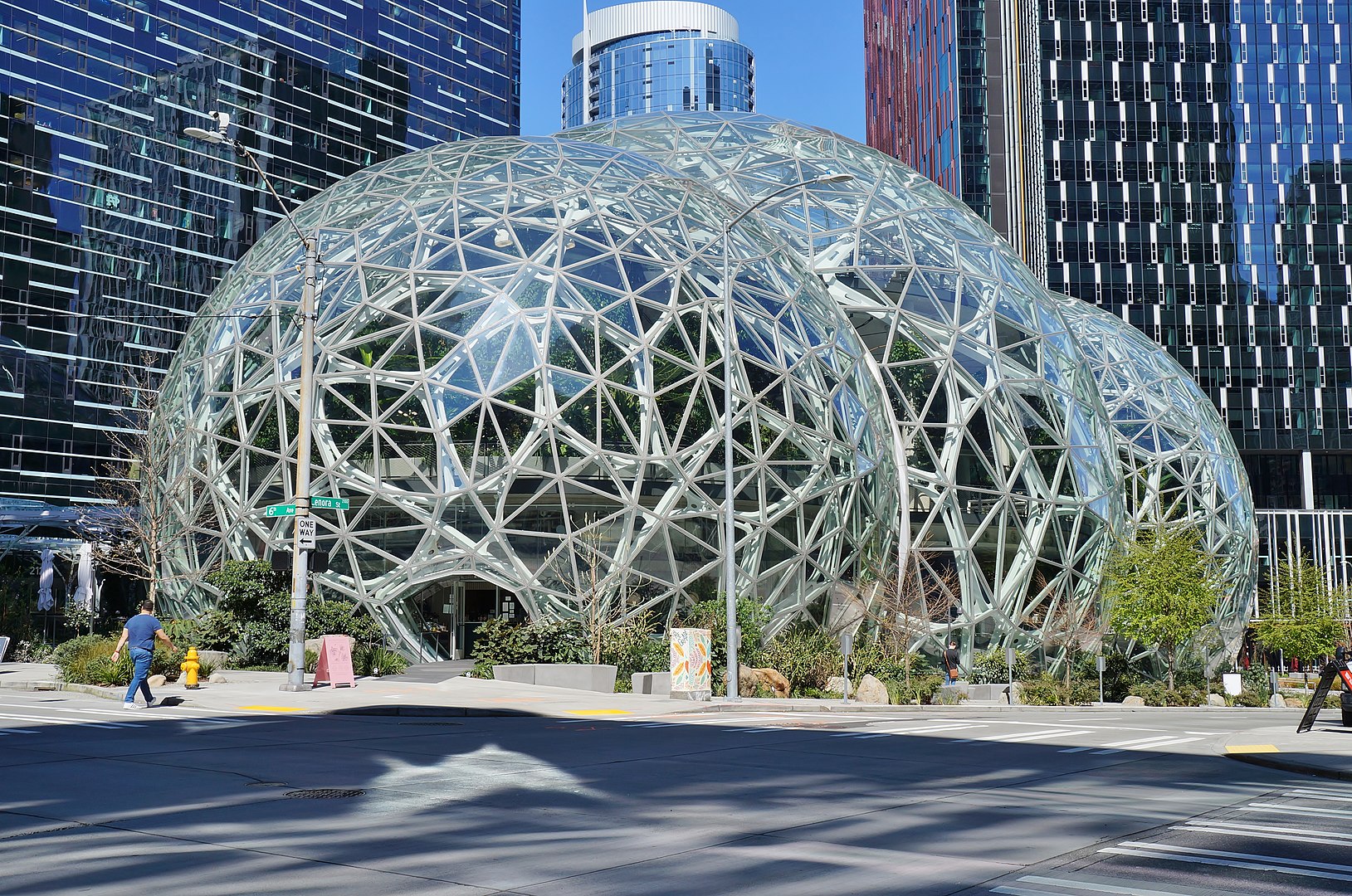
Customers and drivers may both be affected by this. It remains to be seen how the law will affect the ecosystem of local transportation.
Seattle’s $26.40 wage far surpasses other significant cities’ rates. For certain workers, the highest minimum wage in New York City is $15.96. The minimum wage in San Francisco, another expensive city, is $18.07. Seattle’s rate is nearly twice as much as Washington’s highest state minimum wage of $15.74.
Mixed Response
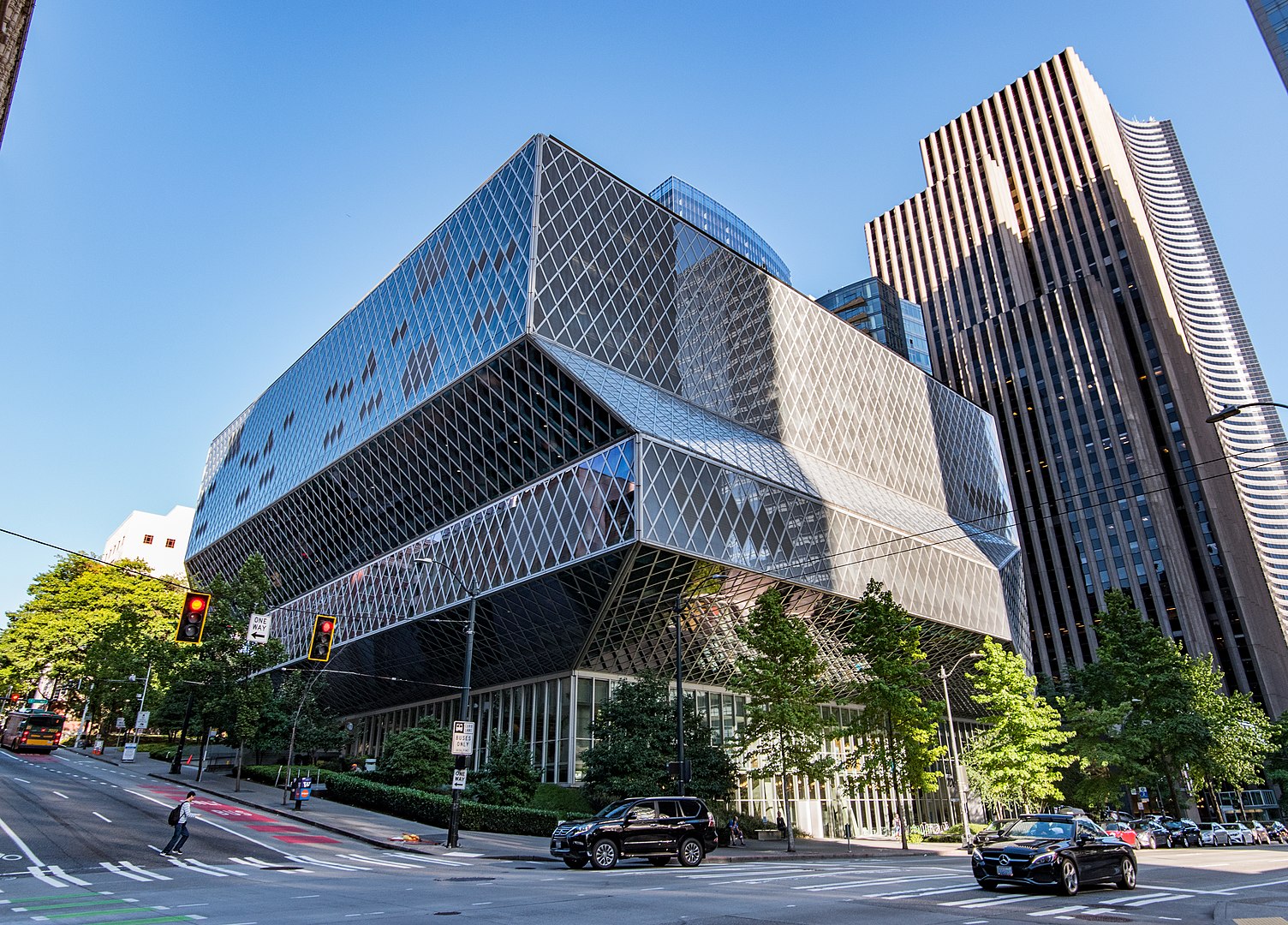
Local businesses have expressed mixed responses to the new pay regulation. Fair wages for workers in an expensive city are supported by some.
Others are concerned about potential layoffs and increased operational costs as the wage experiment in Seattle is receiving nationwide attention.
If the policy works, other cities might do the same but potential adverse results could dissuade comparative initiatives elsewhere.
